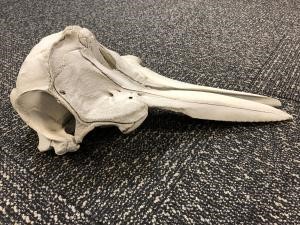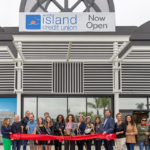SAN FRANCISCO–The California Public Utilities Commission (CPUC) Thursday took steps to promote greater equity in its programs by establishing a new advisory group consisting of representatives from disadvantaged communities who will provide advice on state programs proposed to achieve clean energy and pollution reduction.
Established jointly with the California Energy Commission, the group will advise both commissions on how programs can be designed to benefit disadvantaged communities and effectively reach low income households, small businesses, and hard-to-reach customers (including rural and tribal communities). Program areas include renewable energy, energy efficiency, and transportation electrification.
There will be 11 members of the Advisory Group. The CPUC and the Energy Commission will jointly choose 10 members and the Governor’s tribal liaison will choose one member. Members will represent the diverse nature of disadvantaged communities throughout the state. Applications are being solicited now until Dec. 22, 2017.
CPUC Commissioner Clifford Rechtschaffen stated, “Disadvantaged communities will be the hardest hit by the effects of climate change, yet too often they have not benefited from our clean energy programs. This is one of several efforts underway to increase the ability of disadvantaged communities to participate in clean energy programs.”
“Our decision today continues our efforts to help ensure the safe transition of our infrastructure to a more resilient and clean economy. We need the guidance of external perspectives to ensure that we make this transition in an equitable manner so that all Californians benefit,” said Commissioner Martha Guzman Aceves. “The Disadvantaged Communities Advisory Group is an important strategy of engagement that the Legislature deemed necessary to provide advice on state programs proposed to achieve clean energy and pollution reduction.”
The CPUC is implementing a number of programs that offer incentives to customers in low income and disadvantaged communities. These programs include solar on single family and multifamily buildings; energy storage; electric vehicle chargers; and energy efficiency measures including appliance replacement.
The CPUC today also adopted a formal charter for the Advisory Group, including the following guiding principles:
1.Increase the benefits of clean energy programs in disadvantaged communities (e.g., by supporting growth in local employment and small business development, as well as other non-energy benefits including reducing pollutants and health risks).
2. Increase access to clean energy technologies for disadvantaged communities.
3. Maintain or enhance the affordability of energy service in disadvantaged communities by considering potential rate impacts of any proposed program.
Creation of the Advisory Group fulfills a requirement in Senate Bill (SB) 350, the Clean Energy and Pollution Reduction Act of 2015. As defined in SB 350, disadvantaged communities are the census tracts in California that are disproportionately burdened by multiple sources of pollution. Relative burden is determined by review of data on 20 pollution, health, and socio-economic factors.







